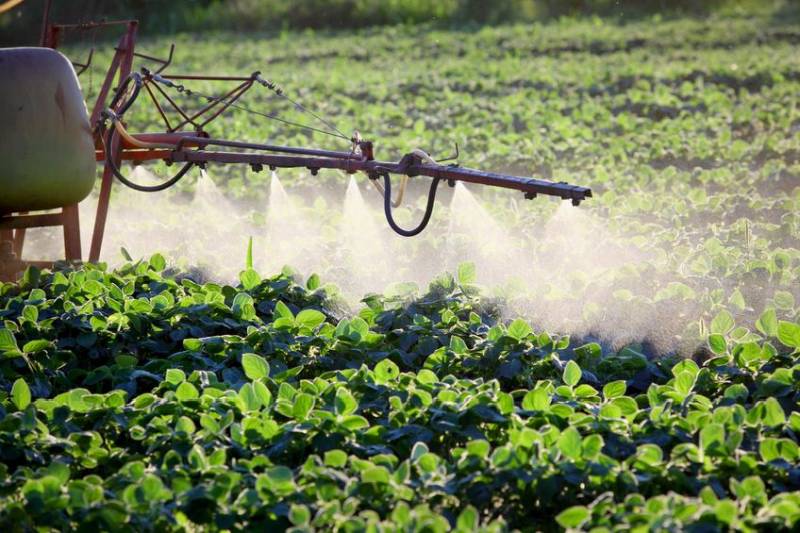
A joint letter from the UK farming unions on the re-authorisation of glyphosate has been sent ahead of the expected meeting on 9 November on the decision of the popular herbicide's future.
The meeting by the Standing Committee on Plants, Animals, Food and Feed (SCoPAFF) at the European Commission follows an initial round of votes by Member States that commenced on October 25, which failed to come to a conclusion.
The Commission said in a statement that it had now submitted to EU countries its proposal for a five-year approval.
UK farming unions have now penned a joint letter advocating for glyphosate's re-licence.
It was sent to the President of the European Commission, Jean-Claude Juncker, the Agriculture and Rural Development Commissioner, Phil Hogan, and the Health and Safety Commissioner, Vytenis Andriukaitis.
An excerpt from the letter says: "Across the UK, farmers are following the ongoing debate on the re-approval of glyphosate with mounting concern.
"The UK farming unions firmly believe that the EU’s science-based decision making process should be upheld and glyphosate reauthorised for the maximum period possible.
"Both the European Food Safety Authority (EFSA) and the European Chemicals Agency (ECHA) have concluded that glyphosate cannot be considered carcinogenic and therefore there should be no safety concerns related to its reauthorisation for the maximum period of 15 years.
"The UK Farming Unions ask you to stand by your own science and regulatory procedure, and reauthorise glyphosate for the maximum period possible and not allow the issue to be politicised any longer. Not delivering would jeopardise confidence in the whole EU food safety system and in particular in EFSA’s role."
'Damages credibility'
The NFU said it was also "disappointed" that no agreement had been reached over the reauthorisation.
Guy Smith, NFU Vice President, said: “The overwhelming weight of science and evidence shows that glyphosate is perfectly safe when used correctly.
“This has been the conclusion reached by regulatory bodies around the world, including the EU’s two leading regulatory bodies – the European Food Safety Authority (EFSA) and the European Chemicals Agency (ECHA).
“The continued politicisation of this decision damages the credibility of the EU’s regulatory bodies and undermines the regulatory process. It also has huge implications for farming in the UK and across Europe.
“Glyphosate reduces the need to use other herbicides, it helps to protect soil and cut greenhouse gas emissions by reducing the need for ploughing, and it enables farmers in this country to grow crops that help produce safe, affordable, high quality British food.
“There is no reason why glyphosate should not be reauthorised for 15 years, never mind the ten years the Commission had proposed. We would urge members states to look at the science and base their decision on the evidence – which shows there is no reason not to reauthorise glyphosate.”
Major agricultural countries across the world are reportedly becoming worried at the prospect of an EU ban on the popular herbicide glyphosate.
If glyphosate ends up being banned in the EU, countries around the world that produce food with it may find their exports restricted.
